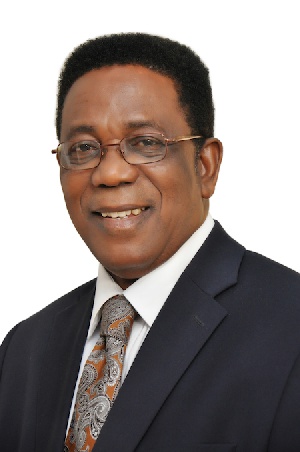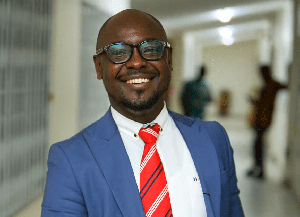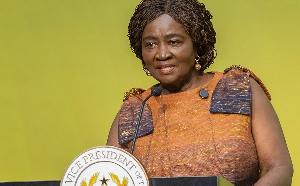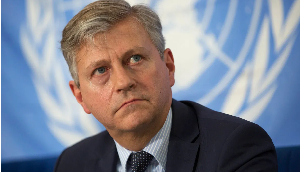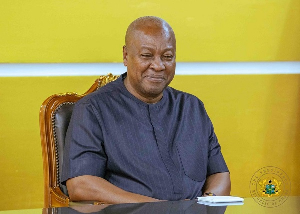The President of Central University College, Professor Kwesi Yankah has blamed the gaps in national policy formulation and national planning on the shortfalls in the spending on research and data gathering; demanding that research budgets and spending in institutions be pumped up.
According to Professor Yankah, who becomes the latest to underscore deep concerns with poor funding for research, it was due to the absence of research-based data that is why one cannot vouch for the credibility of national policy formulation and planning to address neglected and poverty-related activities in the country.
“Data on Africa upon which assessments on human development can be made is either limited or unavailable in some cases.
“As if wars and other disasters are not enough, one can refer also to research and data gathering as another area of disaster. Either the data is not there or it is simply not reliable,” he said at the Ghana Technology University College (GTUC) graduation ceremony of over 240 post graduate students over the weekend.
Professor Yankah’s comments come in the wake of the recent agitations by lecturers in the country’s public universities for the non-payment of their research allowances.
Currently, Ghana’s budget allocation towards research and development stands at a paltry 0.3percent of Gross Domestic Product (GDP), which falls far below the benchmark of at least 1percent of GDP prescribed by the African Union.
According to him, there is evidence that per capita spending on higher education has fallen in Africa over the years. Public expenditure per tertiary student has fallen from US$6,800 in 1980 to US$1,200 in 2002, and recently averaged just about US$981 in 33 low income sub Saharan African countries.
With a global average of about 5percent, Ghana spends over 6percent of GDP on education; which makes the country one of the highest spenders on education as a proportion of GDP compared to other countries.
With the high spending on education, expects believe the country should be spending more on research- an integral part of education in every country- to address weak institutional linkages and provide innovations for industries.
Evidently, countries which spend a relatively lower expenditure on education than Ghana, spend higher percentage on research than Ghana does.
Israel has a research budget of 4.2percent of GDP; South Korea’s stands at 3.74percent; and South Africa’s budget for research is 0.7percent, meanwhile, these nations have bigger economies compared to Ghana.
These go a long way to show that, Ghana's budget allocated to education go into paying salaries and remuneration leaving a smaller portion for research and infrastructure, especially in the tertiary institutions.
In 2014, about 98.53 percent of the total government subvention of GH¢937million to public tertiary institutions went into the payment of salaries and wages, leaving under two percent for acquisition of assets, goods and services to train students, data from the National Council for Tertiary Education has shown.
Between 2007 and 2014, there has been an average of about 870percent increase in compensation paid to academic staff working in all the public tertiary institutions.
Professor Yankah, therefore called on educational institutions to see research as key in renewing the content of curriculum across all levels of education.
“New knowledge and innovation help to inject new life into teaching and learning. At the level of tertiary education, the more new knowledge we introduce to students, the more we get students to be more and more inclined towards research, independent thinking and the urge to cultivate originality, and intellectual creativity.”
“The global village thinks there is not enough evidenced-based research coming out of universities and think tanks in Africa. Most of it is said, Africans have had to rely on US data on Africa to do its planning. Data on Africa by Africans is lacking,” he said.
To buttress his point, Prof. Yankah pointed that the most embarrassing situation presented itself last year during the Ebola outbreak, when Africa had to rely solely on US data, to educate itself about Ebola in Africa.
“We had to turn to USA for data on an outbreak of catastrophic proportions that threatened to wipe out the continent, or at least had major implications for Africa’s economy and productivity. But for the US data, we would probably have been in the dark about the scope, spread, proportions, and indeed prognosis on Ebola in Africa,” he said.
The UNDP initiative on the Human Development Index, which gives the respective markers on progress of countries in various areas of development: education, health, and population, has blank spots against many African countries in one type of data or another.
General News of Friday, 21 August 2015
Source: B&FT

